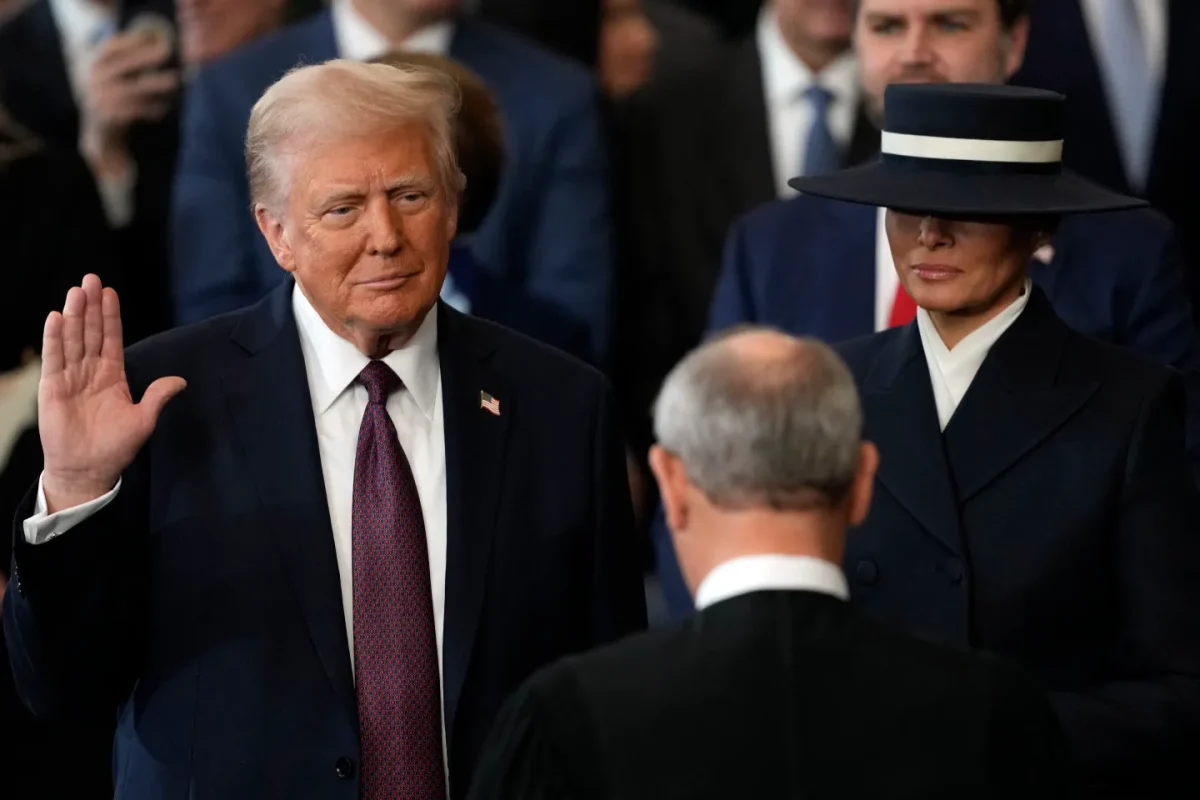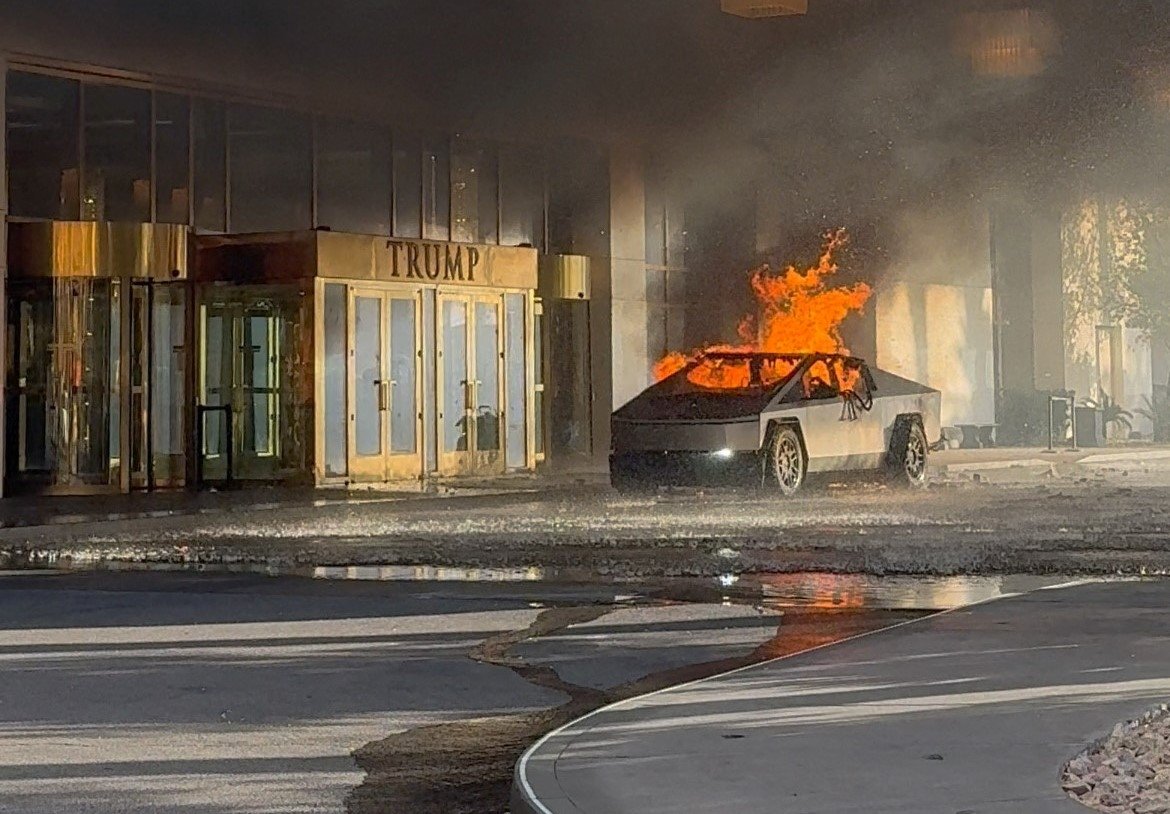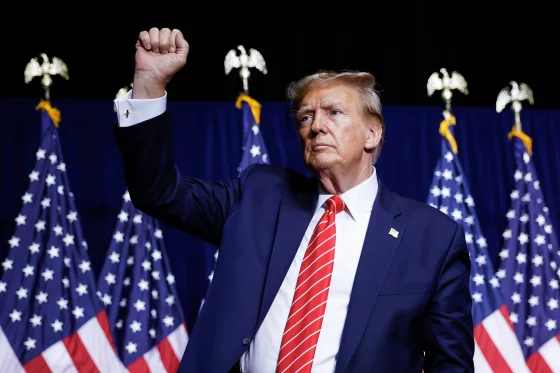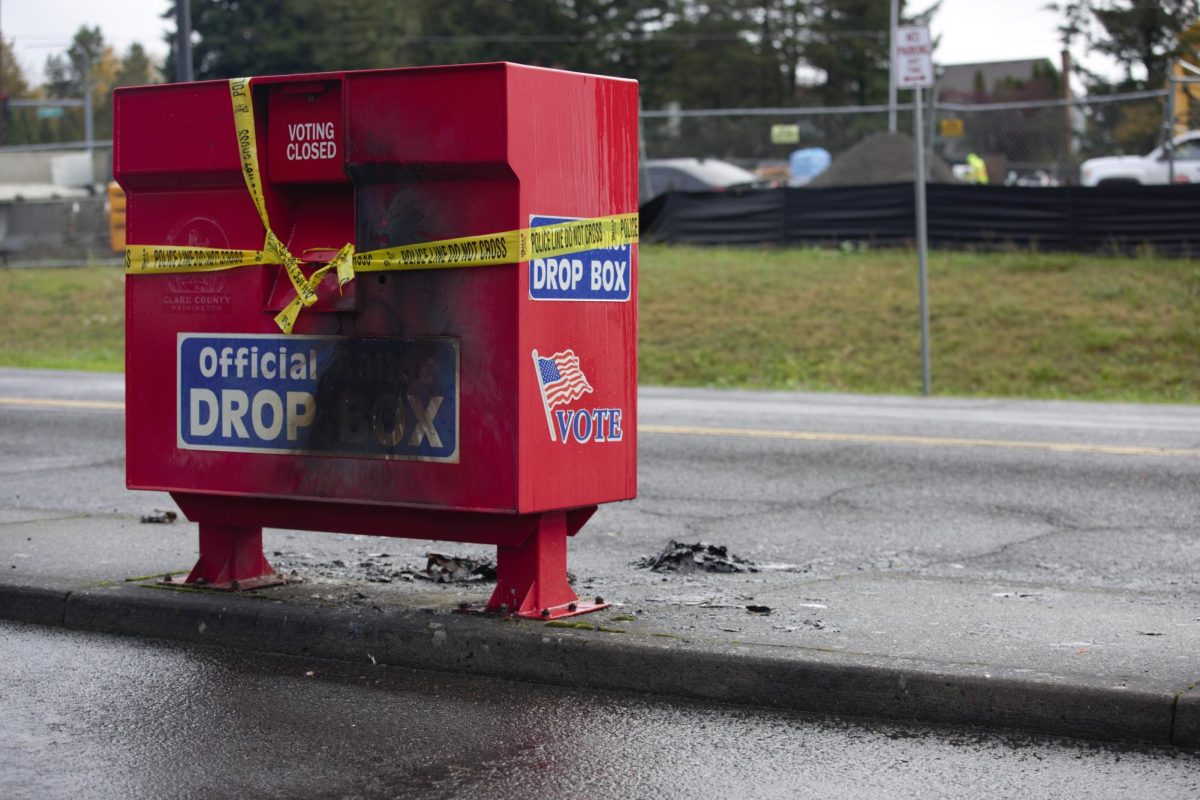Since the current conflict between Israel and Palestine began, numerous popular brands have been boycotted by protesters who are urging people to stop buying from brands that are paying money to their opposing side. The main brands that are being boycotted are those that have donated money in support of Israel. These brands include Starbucks, McDonald’s, Disney, Google, Amazon, KFC, Pizza Hut, Burger King, Coca-Cola, Pepsi, Wix, Sephora and Puma. Other brands with Jewish roots, such as Danone, Dunkin’ Donuts and Netflix have all similarly been boycotted due to their support for Israel.
Some brands are making their stance on the conflict known, such as American Eagle, which replaced a billboard with the flag of Israel. Lush, a popular beauty and cosmetics brand, had a “Boycott Israel” poster appear outside of their store without any previous awareness and responded to it by saying, “We are a diverse company with staff of all ethnicities and religions whose personal views and opinions may vary; however, the following is our company position. Lush deplores all violence and all injustice. Our wish is for peace and safety for all Israeli and Palestinian people. We support the upholding of international law and the human rights of all peoples.”
These boycotts were started by many protesters/social media users in November 2023 under hashtags such as #boycottmcdonalds, #boycottstarbucks and #boycottisreal, among others. The boycotts were started under the BDS (Boycott, Divestment and Sanctions) movement. According to the official BDS website, the “movement works to end international support for Israel’s oppression of Palestinians and pressure Israel to comply with international law.” Since then, 37 states have passed some sort of anti-BDS law, resolution, or executive order. These prevent boycotts against Israel, though there are debates that these laws violate freedom of speech.
One of the most watched videos on TikTok under the hashtag #boycottstarbucks was from a barista teaching their viewers how to make the brands most popular drinks at home, instead of buying them at the store. “I think this is more of a movement than a trend,” said Wyenû, the barista, “Social media trends peak and then they fall into obscurity, but movements go the other way around. They start out tiny, then they grow.”






